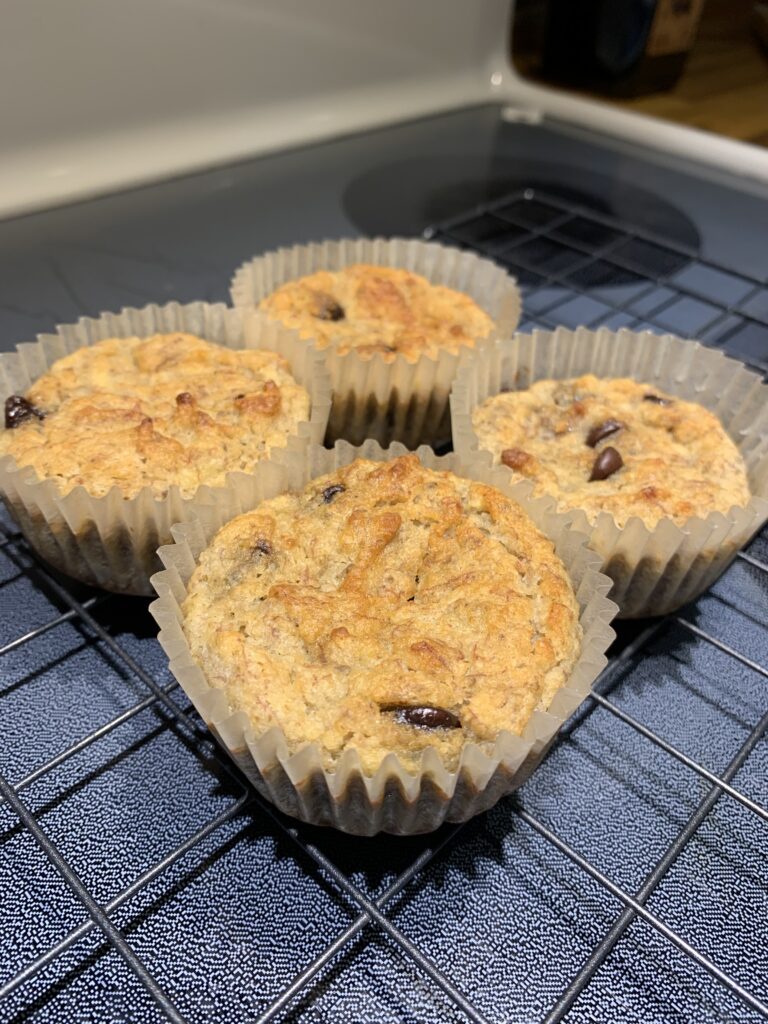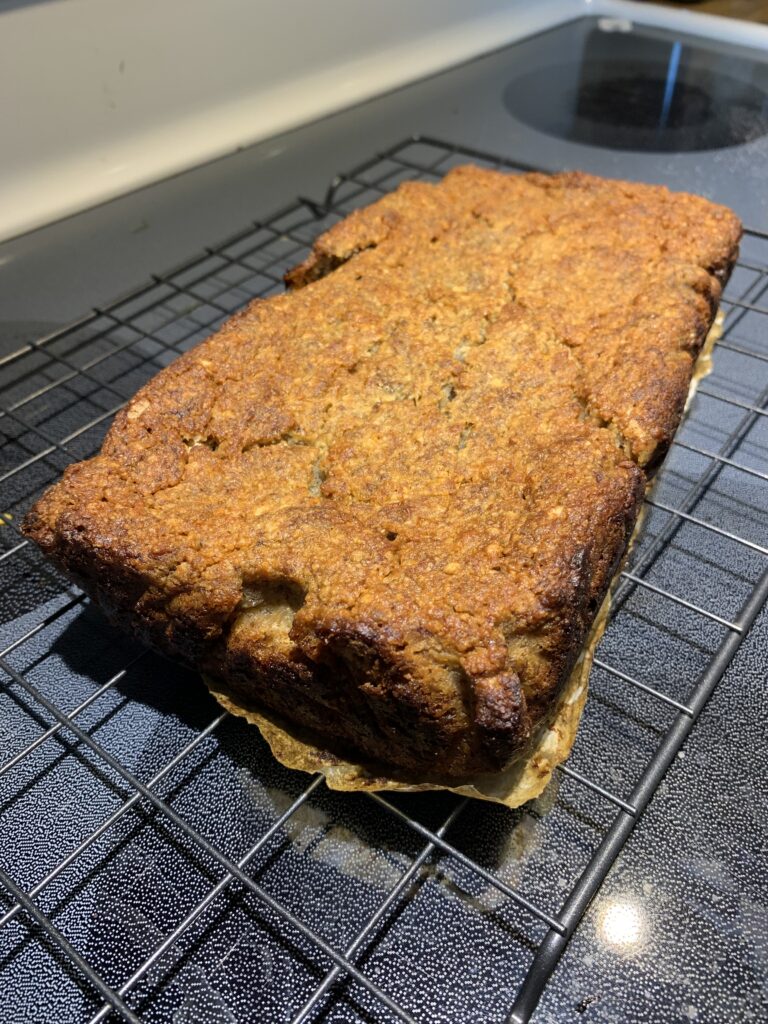Written By: Dr. Elisha Cook ND
November is generally known for promoting, encouraging, and discussing men’s health. With this in mind, what better way to celebrate with some foods that benefit male health! These foods are not only great for a balanced, healthy diet, but specifically help with prostate health, fertility, and balancing male hormones.
Pumpkin Seeds
Pumpkin seeds are a great source of fiber, and are high in magnesium and zinc. Specifically, in the research, pumpkin seeds have been linked to reducing the size of the prostate in BPH and reducing the consequences of it (improving erectile function and improving urine outflow) (1).
In the world of fertility, there is limited human research on the effect of pumpkin seeds on sperm characteristics, but in the animal world, it has shown to increase and improve sperm concentration, motility, and viability. With these promising improvements seen in the animal world, and the little to no side effects associated with eating pumpkin seeds, males looking to improve sperm parameters might consider adding pumpkin seeds to their diet (2).
Cooked Tomatoes
Tomatoes contain many great nutrients and are high in an antioxidant lycopene. As tomatoes are cooked, the lycopene content increases. Research shows that males that consumed a diet higher in tomatoes, also had a reduced risk of developing prostate cancer (3).
In regards to lycopene, it may reduce the growth of the prostate leading to reduced likelihood of BPH and cancer (4).
In addition, regular tomato juice consumption has been linked to improved sperm motility in those struggling with infertility (5).
Pomegranate
Pomegranate juice specifically is a great addition to a balanced diet, but when it comes to male health, it can also benefit fertility. Regular pomegranate juice consumption was shown to improve total motile sperm count (6).
Overall, the best way to improve one’s health is through a well balanced diet, but for males, adding these foods more often might produce greater gains in regards to factors concerning male health.
Have you benefited from reading this blog? Know someone that would benefit as well? Share, Like, Comment, or Tweet this article, and let me know what you think.
Some of the information provided above may not be appropriate for everyone, please consult with your doctor before trying any of the above. If you are interested in trying any of our services, working with any of our amazing practitioners, or are simply wanting a different approach to your health care needs, contact the Plattsville Natural Health Clinic by calling 226-232-7665 and book your appointment today!
Resources:
- https://bmcurol.biomedcentral.com/articles/10.1186/s12894-021-00910-8
- https://www.sciencedirect.com/science/article/pii/S0032579121003230
- https://pubmed.ncbi.nlm.nih.gov/23883692/
- https://academic.oup.com/jn/article/133/11/3356/4817958?login=false
- https://pubmed.ncbi.nlm.nih.gov/28049263/
- http://herbalgram.org/resources/herbclip/issues/bin_510/111421-510/.





